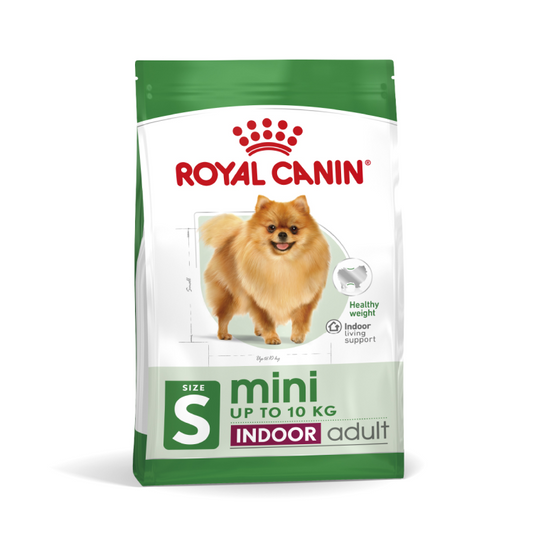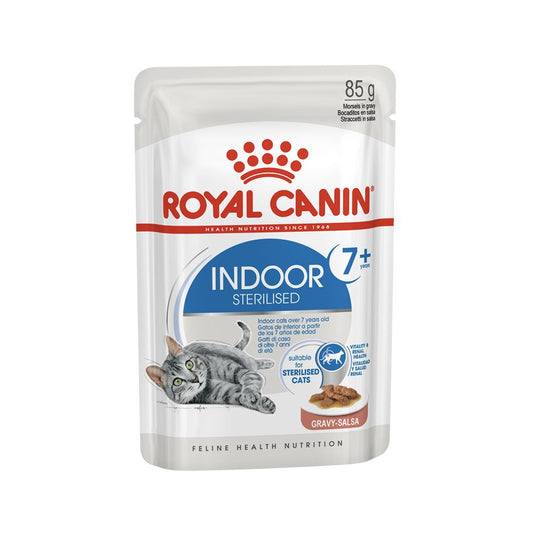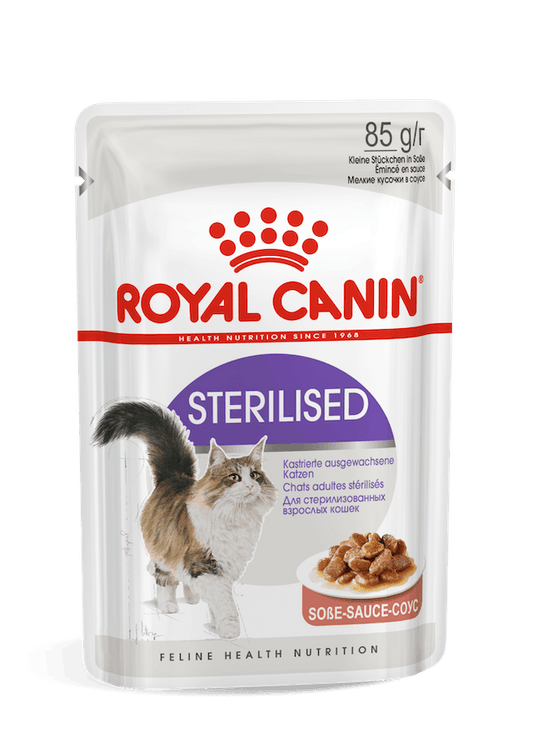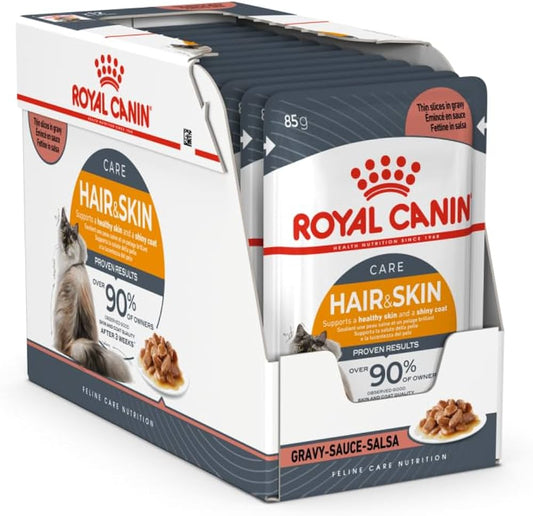If you are a canine guardian, you know what it's like dealing with your furry buddy’s upset stomach and diarrhoea. We’re always so desperate to find a solution as soon as we notice them in distress. But, have you ever wondered what causes diarrhoea in dogs?
Mild diarrhoea in dogs is very common. This usually occurs due to eating something that their bodies don't agree to or if you have recently changed their diet. However, these are just a few of the reasons.
There are also a handful of other possible reasons behind the causes of diarrhoea in dogs. Let's discuss the top 10 causes in this blog!
|
Table of Contents
|
Diarrhoea and Dogs. What Are The Symptoms?
Unlike us humans, our tiny pooches cannot verbally communicate their problems with us. As a dog parent, you need to look out for signs and symptoms behind twisted stomach in dogs.
If your dog has an upset stomach they will probably show the symptoms listed below.
- Weakness
- Nausea and vomiting
- Dehydration
- Blood in stool
- Lack of appetite
- Unusual drooling
- Increased gut sounds
There’s no cause for serious concern if your dog has a single episode of diarrhoea. However, more than 2 or 3 episodes could indicate a problem. In such a case you should take immediate action and take your dog to a vet.
Now that you know how to identify the symptoms of diarrhoea in your dogs, let us understand the potential causes.
10 Reasons Why Your Dog Has diarrhoea
Here are some of the most common causes of diarrhoea in dogs:
1. Change In Their Diet Or Treats
As a canine guardian, you must have definitely noticed an upset or twisted stomach in dogs whenever you changed their diet. Do you know the reason behind this?

Some dogs have sensitive digestive systems that are incapable of taking sudden food and dietary alterations. For example, transitioning from dry dog food to raw dog food can cause an upset stomach. Slowly increasing your dog's new food while decreasing the current food with time is the correct way to go about this transition.
This transition can be made smooth by choosing the most trusted and certified brands for selecting sensitive stomach dog food.
2. Eating Garbage Or Spoiled Food
This is the most common reason why dogs have a twisted stomach. Some vets call this “garbage gut”. This simply means that your dog has consumed something that it shouldn't have had. This includes food that has fallen on the ground, table scraps, or something from the trash. It is therefore important to assess what your dog is chewing.
3. Viral Or Bacterial Infections
Uncooked meat or meat sitting in the open for a while can cause bacterial diarrhoea. Your dogs tend to pick up bacterial infections even if they are kenneled with another dog. Viral infections such as rotavirus, distemper, or, parvovirus cause foul-smelling diarrhoea in dogs. Immediate veterinary assistance should be taken in such cases.
4. Intestinal Parasites
Intestinal parasites are most commonly found in stagnant ponds and puddles. Animal stool may also contain a certain percentage of parasites. There are high chances that your dog might consume these while on a walk. diarrhoea becomes inevitable in such cases.
5. Consumption Of Toxic Substances Or Poison
The first and foremost sign of consuming something poisonous or toxic is frequent diarrhoea. Toxic culprits usually include:
- Mushrooms
- Ivy
- Daffodils
- Mistletoe
- human medication especially vitamin D
- sunscreen lotions
- Chalk powder
- Ice packs
Immediately take your mischief maker to a vet if you suspect consumption of any of the above items.
6. Kidney Or Liver Disease
Diarrhoea is very common in dogs suffering from liver or kidney disease. Kidney diseases in dogs usually occur because of stress or anxiety, trauma, old age, parasites, consumption of something toxic, and bacterial infections.
7. Swallowing A Foreign Substance
Like humans, dogs are curious beings. You probably will not be able to recall the number of times you've stopped your dog from eating your pins and scrunchies.
We can't monitor our dog’s every single move, can we?
More often than not, these foreign objects, if consumed, block their gastrointestinal tract and cause grave issues. diarrhoea is mainly associated with this.
8. Side Effects Of Dog Medication
Sometimes, dogs might be allergic to certain medicines prescribed by their vet. Medicines that cause diarrhoea in some dogs are:
- NMDA
- NSAIDs.

You should get an allergy test done for your dog because only this will help you understand the underlying cause of the unexplainable upset stomach.
9. Allergic Reaction
Diarrhoea is a common sign of an allergic reaction. Your dog's body recognizes a problem and immediately flushes the allergens out in the form of diarrhoea. An allergic reaction can have many possible reasons. The best thing to do is to get an allergy test done as soon as possible.
10. Irritable Bowel Disease (IBD)
IBD or Irritable Bowel Disease in dogs occurs when cells causing inflammation enter your dog’s intestines. Dirrheoa becomes the most common symptom of this disease.
With all these possible causes of diarrhoea in dogs, how will you know that you need to visit the Vet?

When To See The Vet?
- Persistent diarrhoea over a short period might be a sign of a serious issue. In such a case you should visit the vet. This becomes more important if your dog is cold, has a weak immune system, or is very young. Call your vet right away if your pooch is having repeated episodes of diarrhoea.
- If your dog is trying really hard to pass stool but is unable to, or, if your dog is passing watery diarrhoea, then, there are chances that your dog has a painful block due to ingesting something foreign and big. In such a case you need to immediately take your pooch to a vet.
Your vet will give you the best possible solution regarding your dog’s condition.
FAQs: Dogs And Diarrhoea: What Are The Top 10 Causes?
How long does diarrhoea in dogs last?
Many dogs suffering from diarrhoea usually become okay on their own in a few days. However, some cases of diarrhoea last longer, depending upon the underlying cause. To make sure that your dog is okay as quickly as possible, it is important to consult a vet.
How to prevent dog diarrhoea in the future?
By feeding a proper diet and making sure that your dog is not eating something that it is not supposed to, you can control your dog’s diarrhoea. Using probiotics, limiting stress and keeping toxins out of reach are some other ways to prevent your dog from suffering.
What should you give your dog to stop diarrhoea?
A bland diet for 24 to 48 hours may help in resolving your dog’s stomach problem. Once your pup feels better, you can re-introduce regular food.
Conclusion
Taking care of your dog’s health and monitoring its eating habits become very important as a dog parent. By being more vigilant of the common symptoms like dehydration and vomiting, you can quickly identify if your pooch is unwell.
However, it is always important to consult your veterinarian for proper diagnoses and examinations. Always keep your dog’s well-being a top priority and be alert when it comes to their health.






